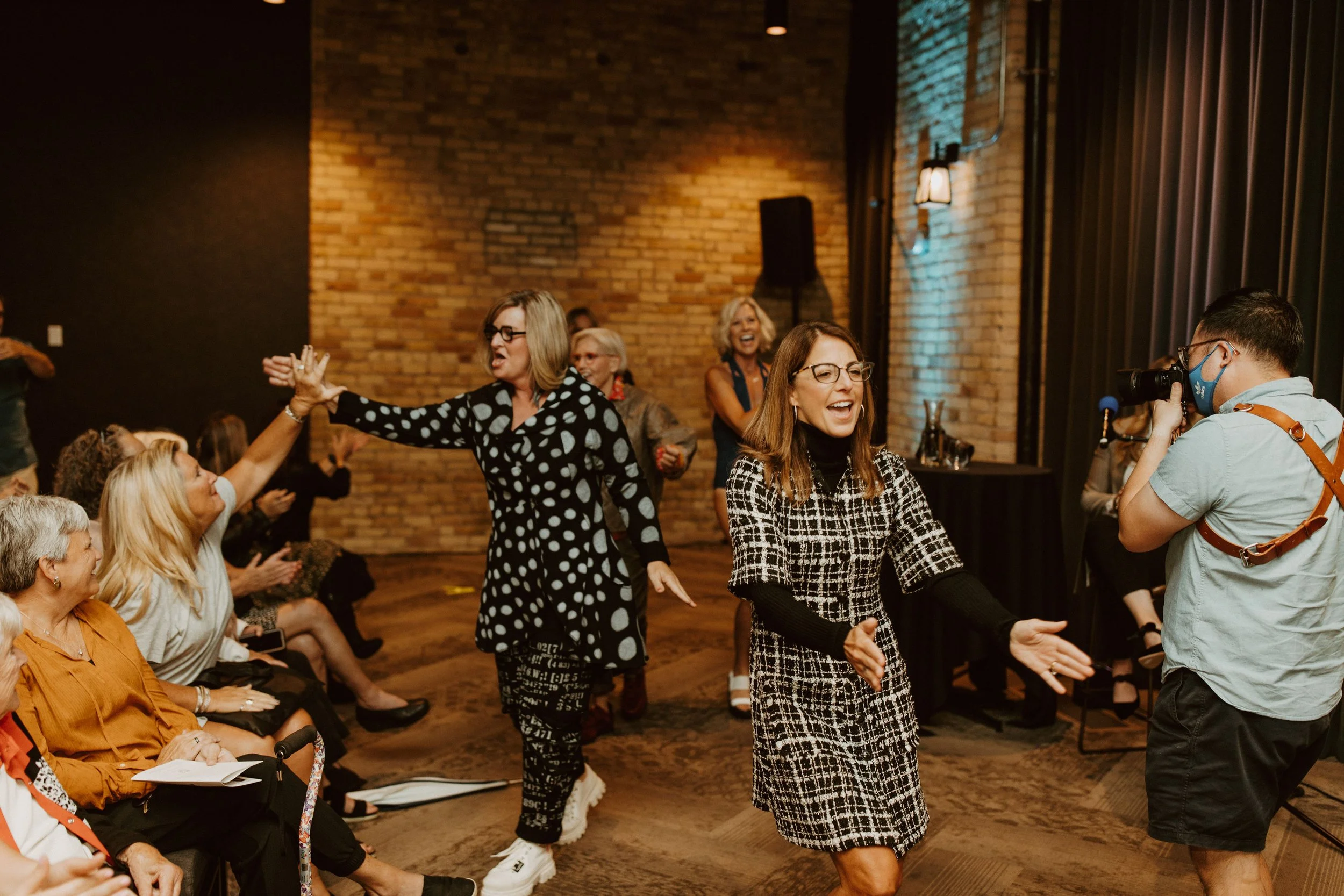The Power of Community and Service in Midlife: A Fresh Start
Discover how midlife women can find renewed purpose through community, service, and leadership. Explore practical strategies and inspiring resources to redefine this life chapter with connection and meaning.
You know that feeling you can't shake? It's grief.
You know that feeling you can’t shake? It’s grief. Every single one of us has lost something, and each of us will be forever changed by 2020. How we experience that grief is personal, and it’s easy to fall into a trap of ranking our suffering compared to someone else’s. We have to allow ourselves to feel it, so we can heal it.
Together Women Over 50 Create Transformative Change
Together women over 50 need to disrupt the status quo that aging women are irrelevant, unattractive, less deserving, and invisible compared to our younger selves. As we work together to magnify our voices and rumble, we will create a movement for a transformative change.
Coming Around the Table During COVID
Research has shown the health and wellbeing benefits of meals shared with family and friends. Stop, slow down, connect, and reap the benefits by coming around the table for conversation and nourishment. It's good for your mind, body, and soul.
Finding a Mindset Reset in the Midst of a Pandemic
I’ve reset my mindset. Instead of thinking that the creation of lifelong memories requires lots of travel and big events, I’ve come to the awareness that our real lives are lived in between the cracks of those big events.
Don’t miss a blog post - sign up for the Rumblings emails to receive posts delivered straight to you email inbox!





